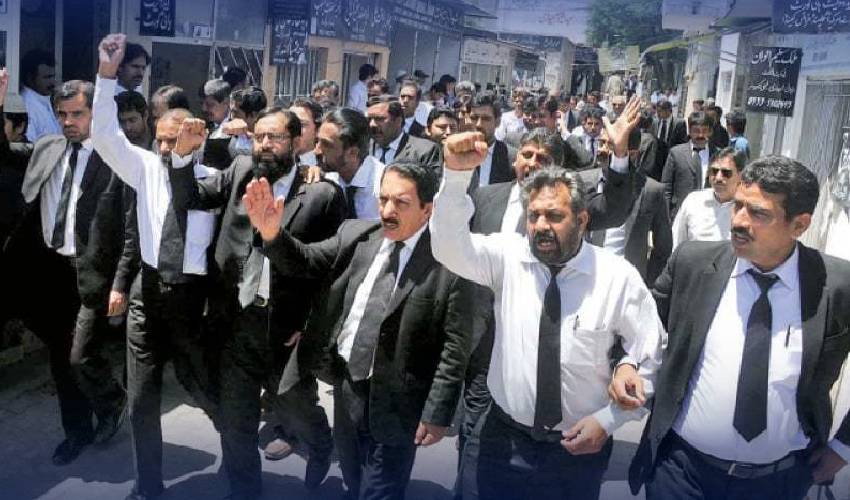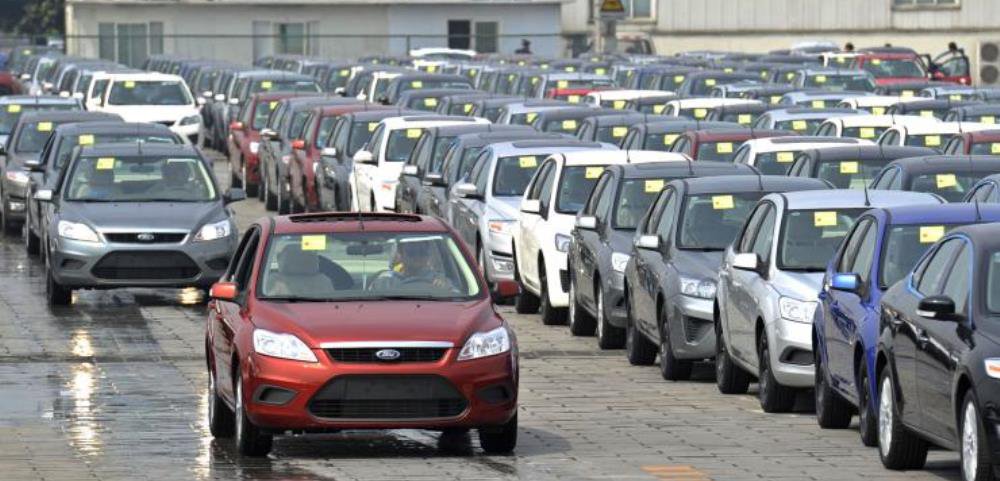On Friday, lawyers across Punjab will participate in a widespread boycott of court proceedings. This action is in response to the recent decision by the government to increase the court fee from Rs200 to Rs500. The Punjab Bar Council (PBC), representing the legal fraternity in the province, has called for this strike to express their strong opposition to the fee hike.
The Punjab Bar Council has vehemently condemned the government’s decision to raise the court fee. The council’s office-bearers have voiced their concerns, stating, “We strongly condemn the Rs500 court fee decision. Increasing the fee through amendments will add to the inflation-hit public problems.” The PBC believes that this increase will place an undue financial burden on the public, particularly those already struggling with the effects of inflation.
The increase in court fees is expected to have significant repercussions on the public’s access to justice. Higher fees can deter individuals from seeking legal recourse, especially those from lower-income backgrounds who may already find the costs of legal proceedings prohibitive. The PBC’s protest highlights the broader issue of ensuring that the judicial system remains accessible to all citizens, regardless of their financial status.
In their statements, the Punjab Bar Council has demanded that the government immediately withdraw the decision to hike court fees. They argue that the increased fee will exacerbate the challenges faced by the public in accessing justice and could lead to a decrease in the number of cases brought before the courts. The PBC’s stance is that legal proceedings should remain affordable and accessible to maintain public confidence in the justice system.
This boycott is part of a broader context of legal protests and strikes seen in various parts of the country. Lawyers and bar associations have often mobilized to resist policies and decisions they believe are detrimental to public access to justice or to the legal profession. Such actions are a powerful demonstration of the legal community’s commitment to upholding the principles of justice and fairness.
From the government’s perspective, the increase in court fees might be seen as a necessary measure to cover the administrative costs associated with court operations. However, the strong backlash from the legal community indicates a need for a balanced approach that considers both the financial sustainability of the judicial system and the public’s ability to access legal services.
It remains to be seen how the government will respond to the PBC’s demands. A possible course of action could include dialogue and negotiation with representatives from the legal community to find a middle ground. This could involve reconsidering the fee increase or implementing measures to mitigate its impact on low-income individuals.
The outcome of this protest could have significant implications for the future of legal reforms in Punjab and possibly other regions. If the government accedes to the demands and rolls back the fee hike, it would signal a victory for the legal community and reinforce the importance of accessibility in the justice system. Conversely, if the government maintains the increased fee, it could lead to prolonged unrest within the legal community and potentially more strikes or protests.




